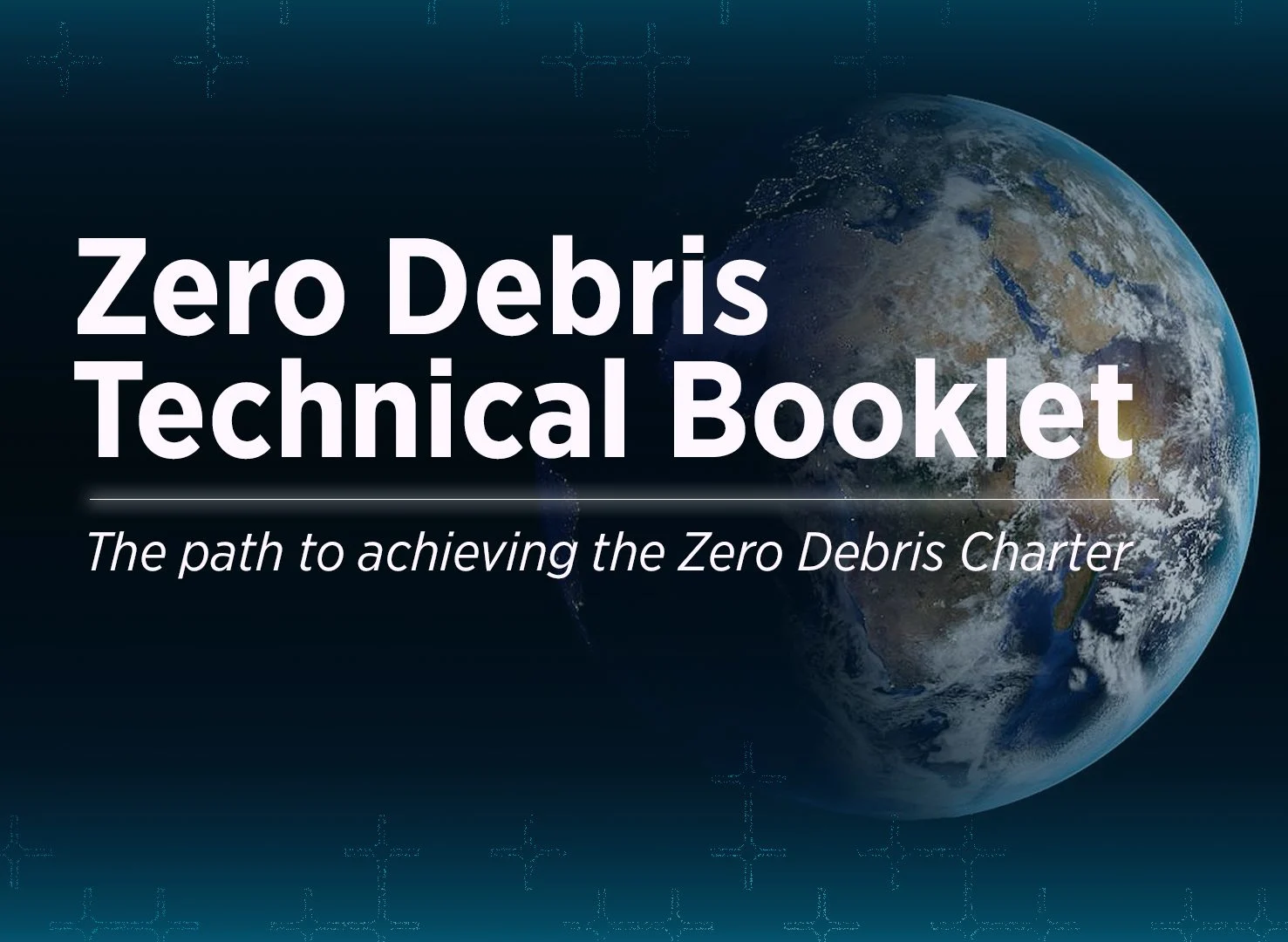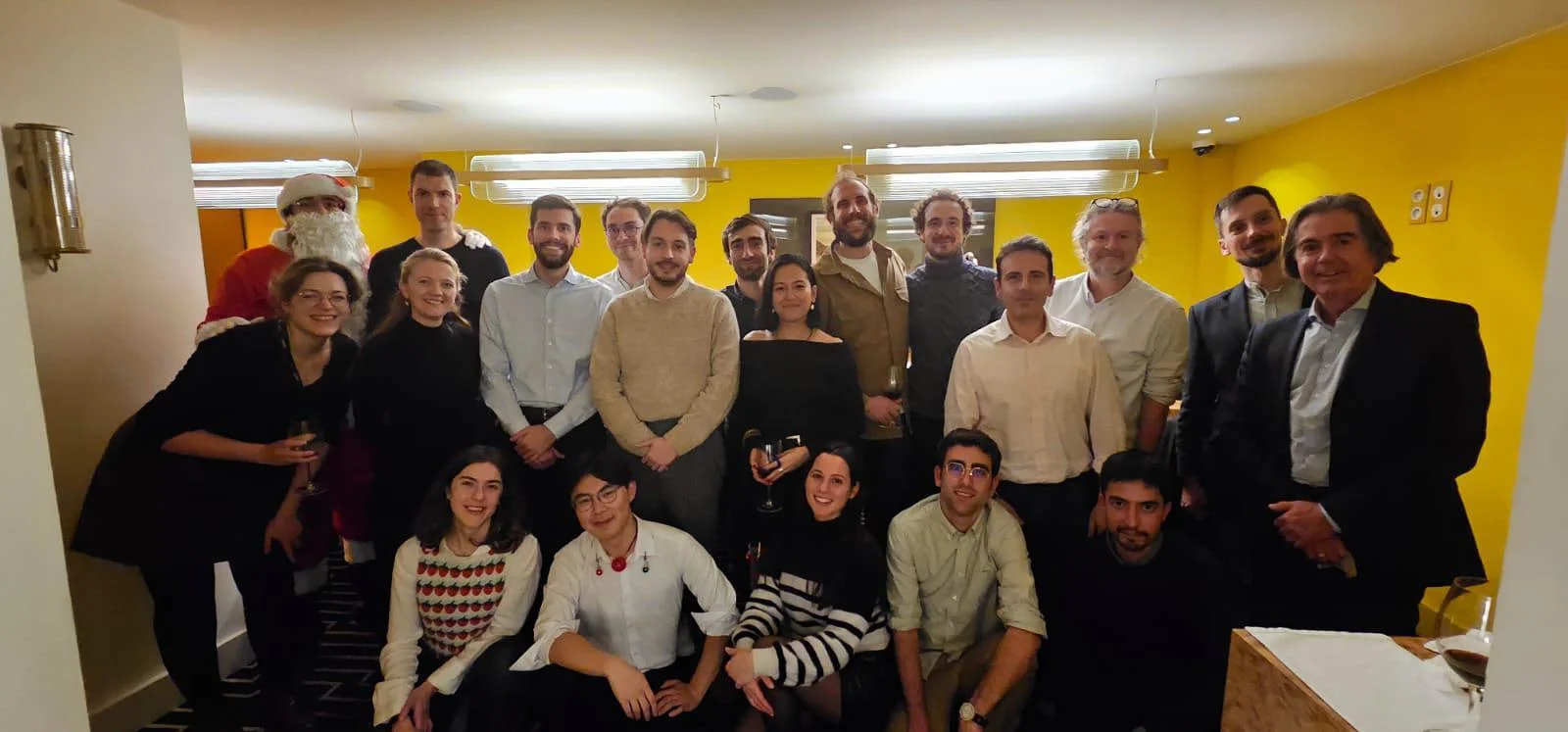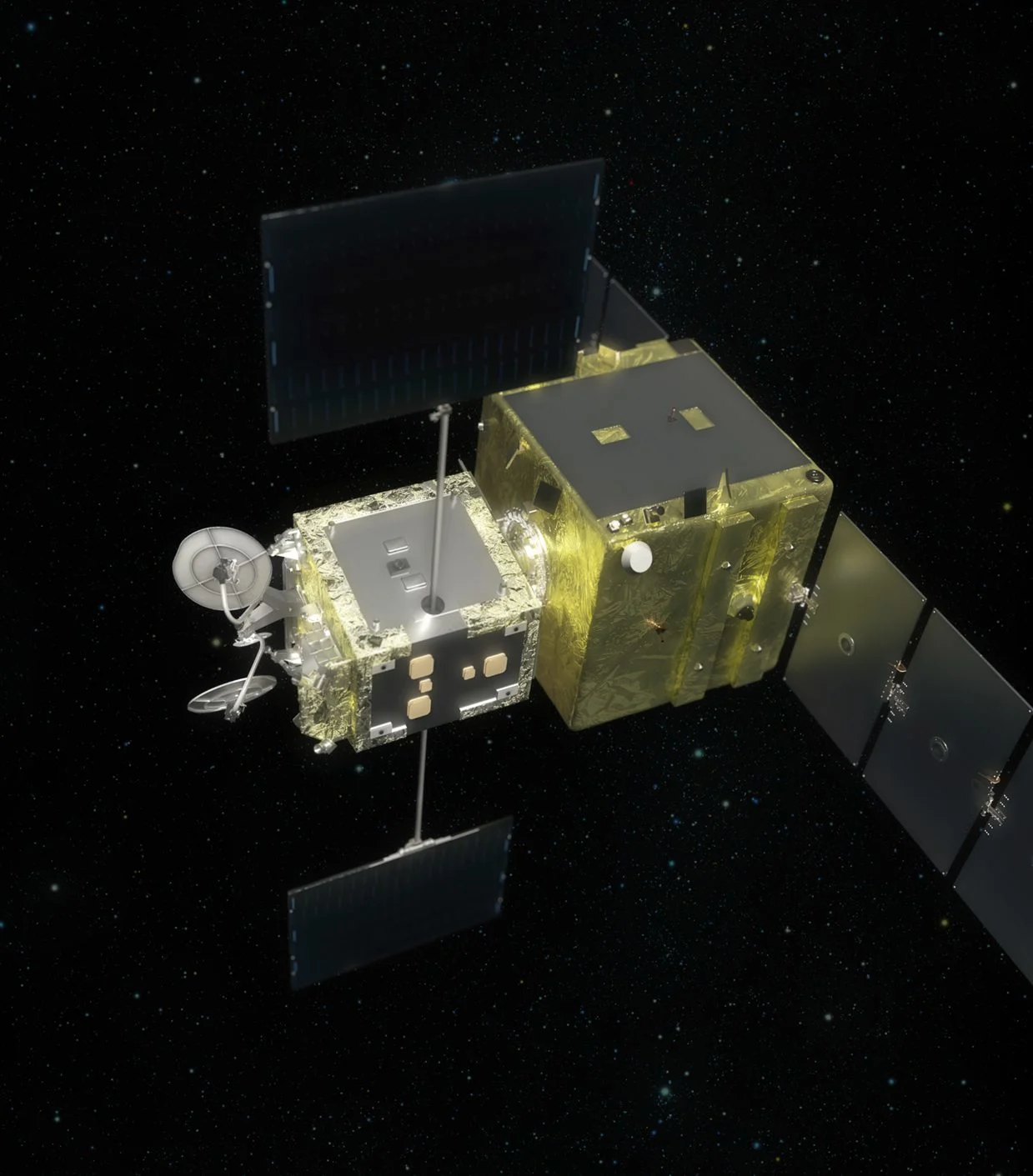Astroscale Japan Selected to Develop In-Space Refueling Technologies

Tokyo, Japan, Jan. 22, 2025 – Astroscale Japan Inc. (“Astroscale Japan”), a subsidiary of Astroscale Holdings Inc. (“Astroscale”), the market leader in satellite servicing and long-term orbital sustainability across all orbits, has been selected to develop in-space refueling technologies under the “Key and Advanced Technology R&D through Cross Community Collaboration Program” (K Program), led by Japan’s Cabinet Office and promoted by the Japan Science and Technology Agency. The project will span five years with a total budget of up to JPY 12 billion.
The K Program was established to support the research and development of key technologies critical for maintaining Japan’s global competitiveness. Astroscale Japan was selected under the "Refueling Technology Contributing to Satellite Life Extension" initiative and will develop and demonstrate in-space refueling technologies for prepared satellites.
The project will leverage Astroscale’s proven Rendezvous and Proximity Operations technologies to demonstrate chemical propellant refueling in low Earth orbit. It will also conduct ground verification for various propellants, with an eye toward scalability to geostationary orbit and refueling solutions for electric propulsion systems.
This latest project underscores Astroscale's commitment to advancing a circular economy in space through on-orbit servicing, guided by the principles of Reduce, Reuse, Repair, Refuel and Remove. Among these, refueling plays a pivotal role in extending satellite lifetimes, reducing the need for new launches, and unlocking greater mission flexibility by overcoming fuel constraints.
END
Toutes catégories
Articles récents
ADRAS-J Selected for the Minister of Defense Award
3 février 2026Astroscale Japan Selected for JAXA’s Space Strategy Fund Program
29 janvier 2026Astroscale France et Exotrail unissent leurs forces pour développer une capacité de désorbitation destinée aux satellites en orbite terrestre basse
28 janvier 2026




